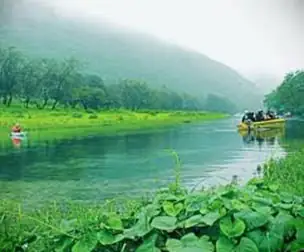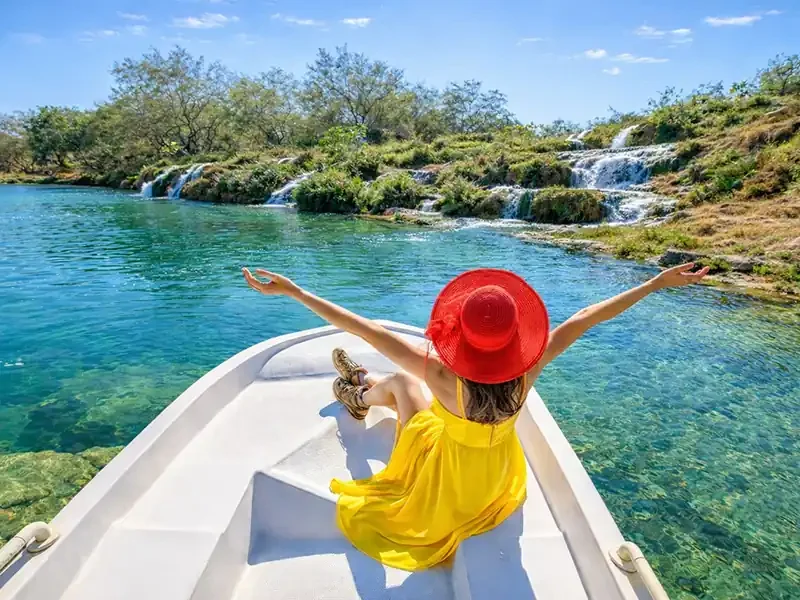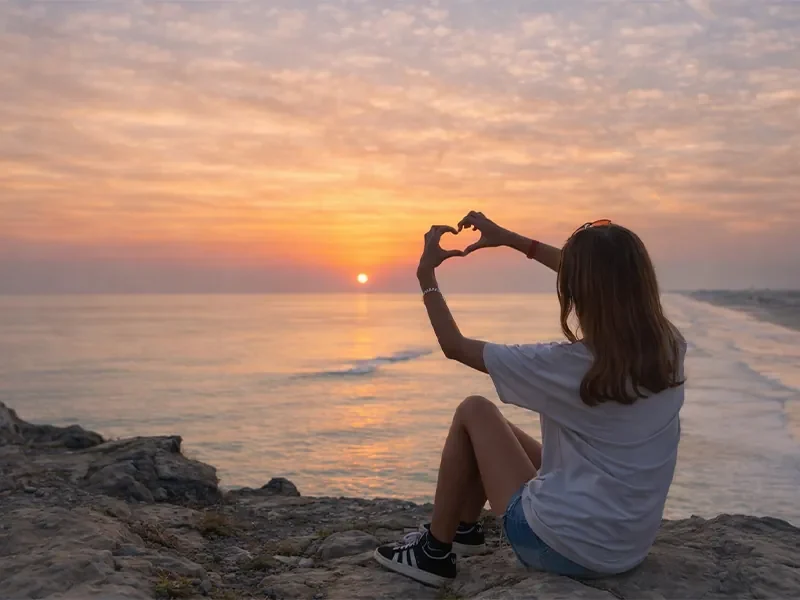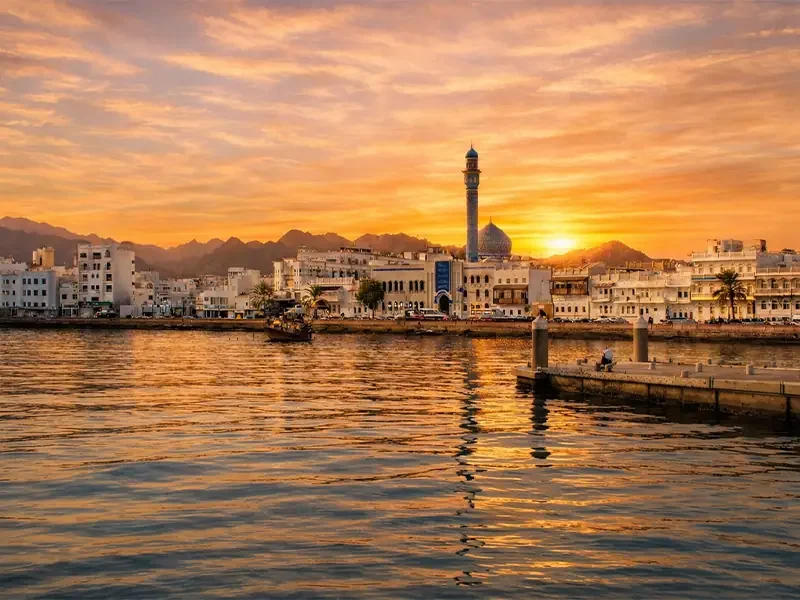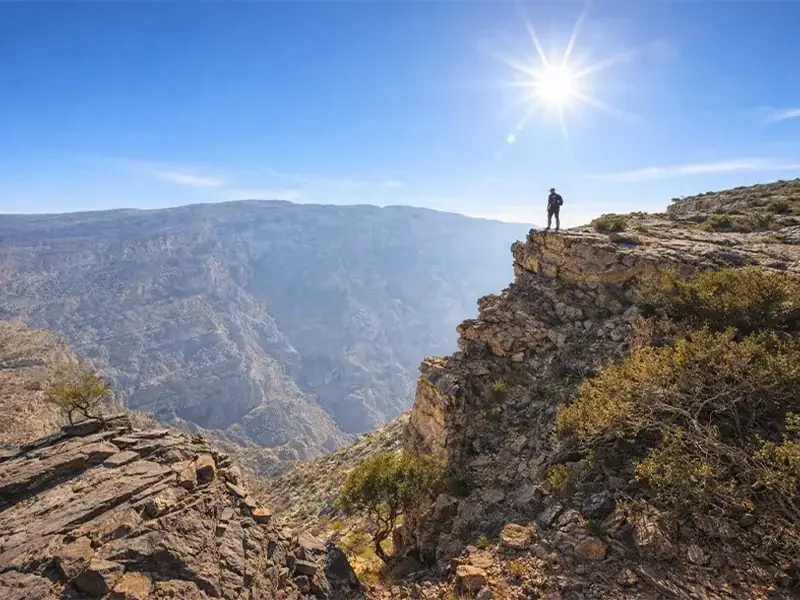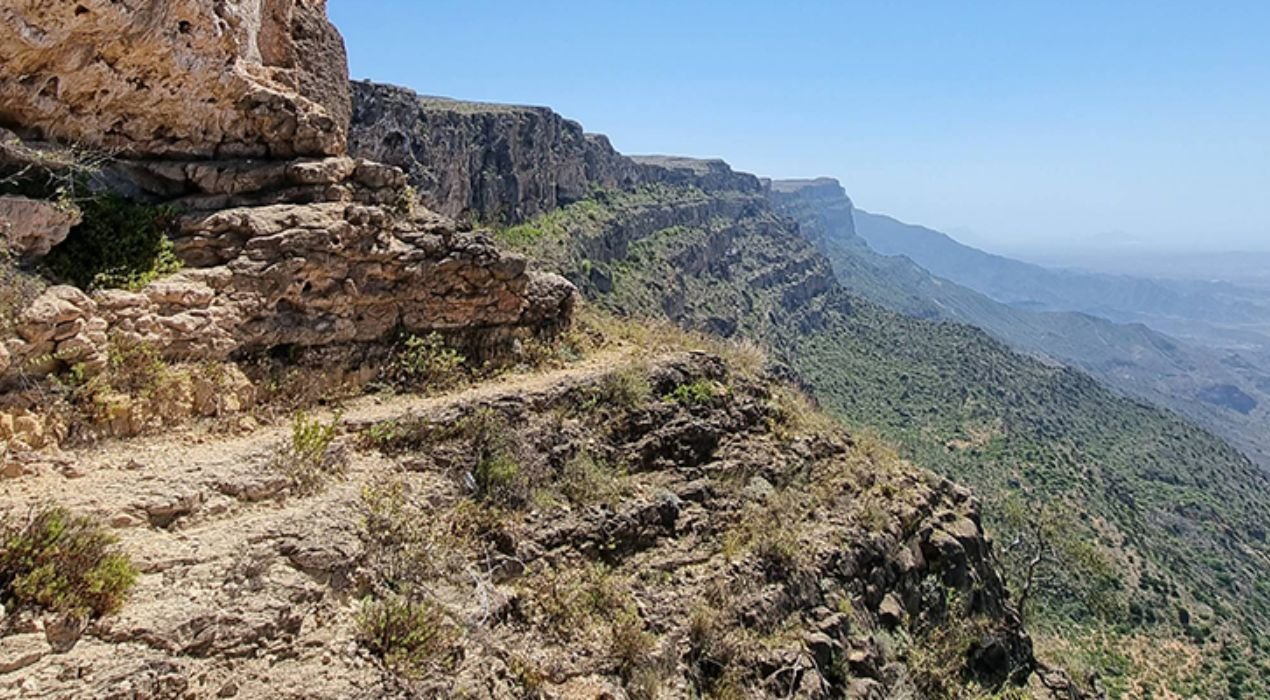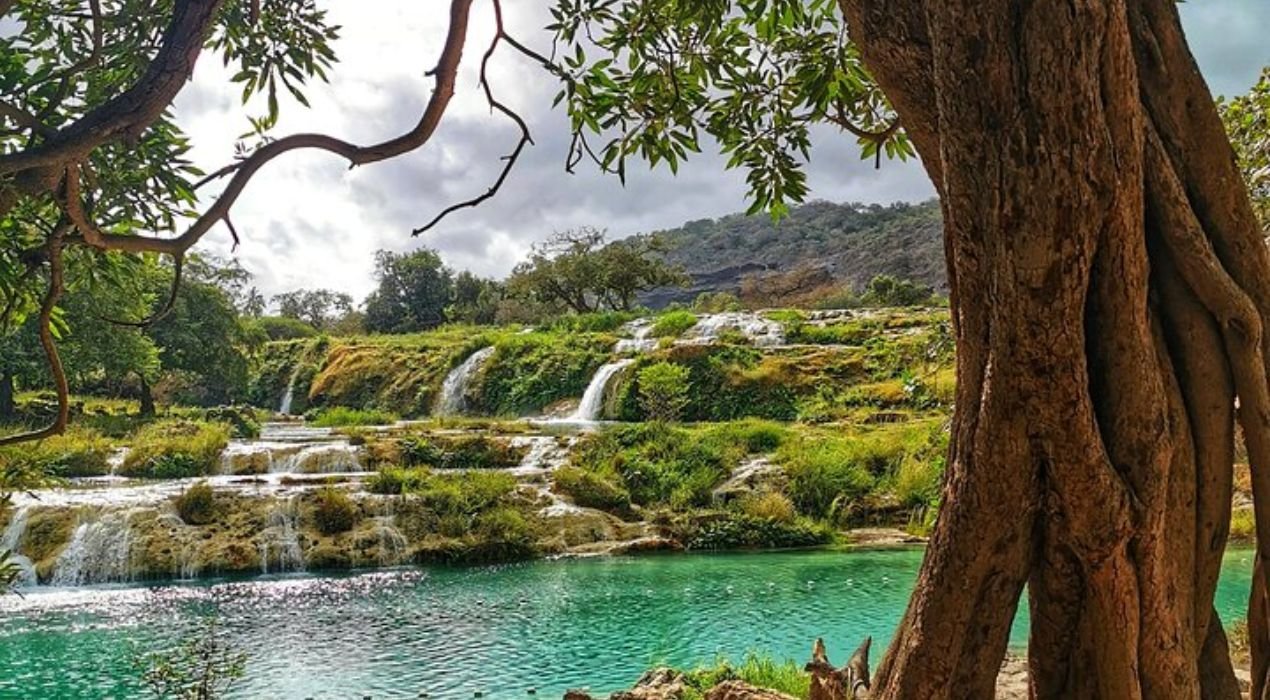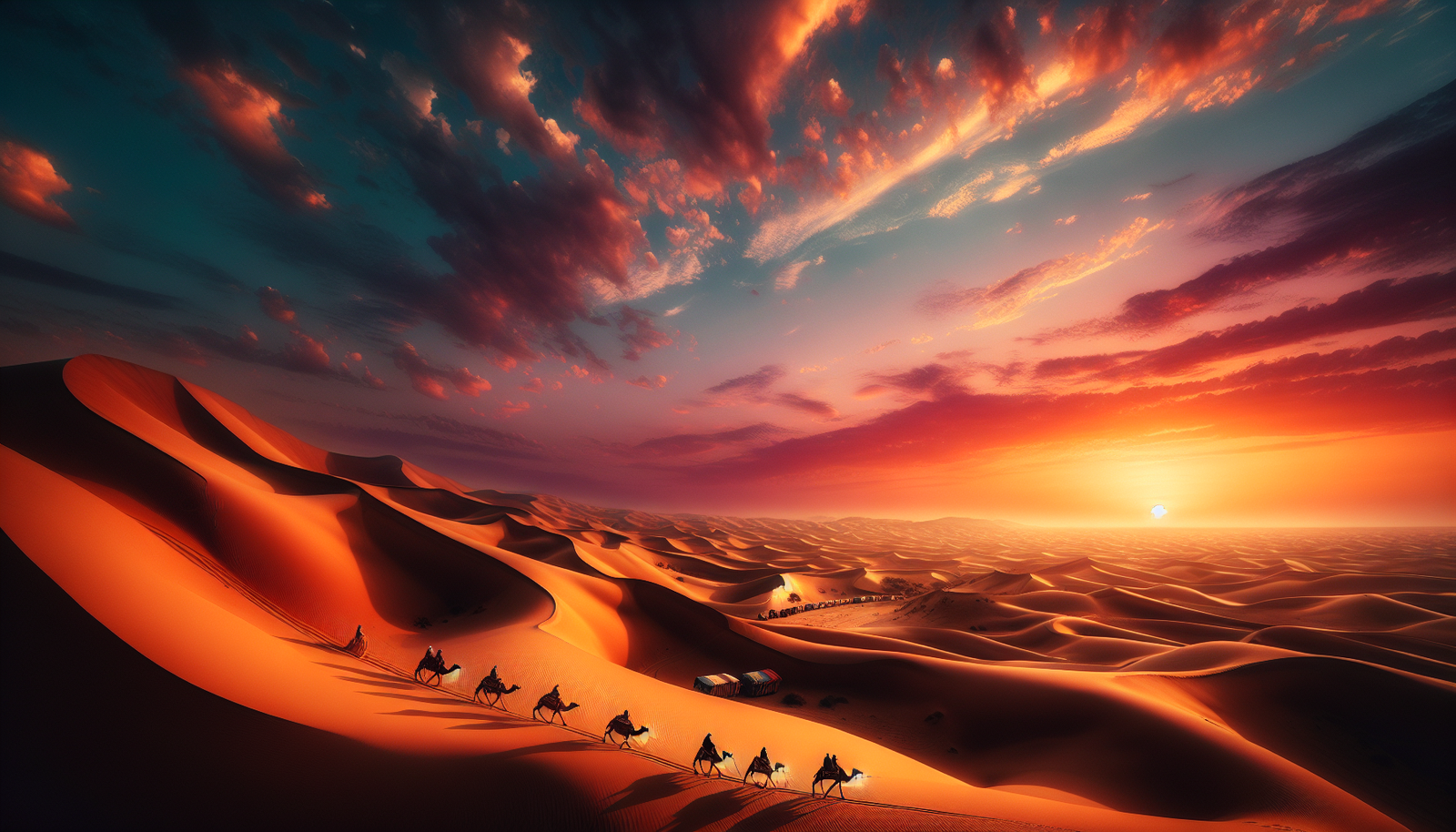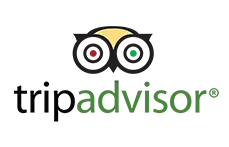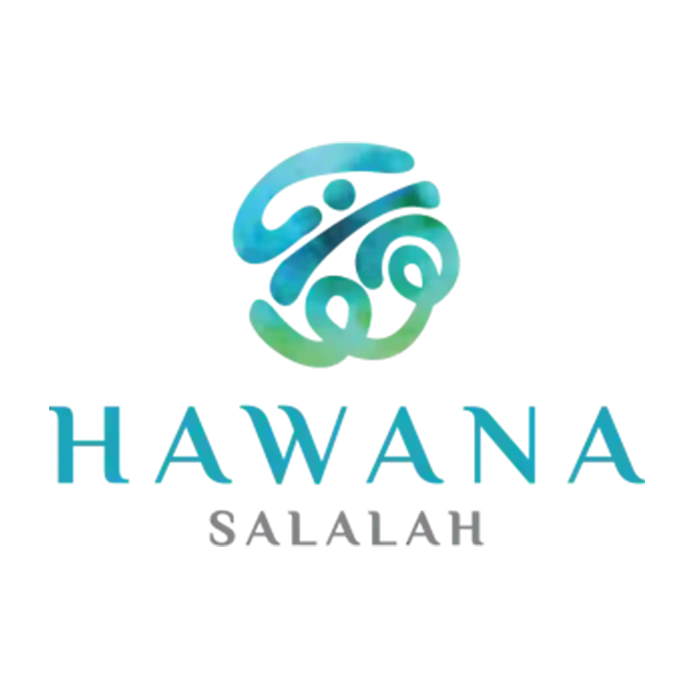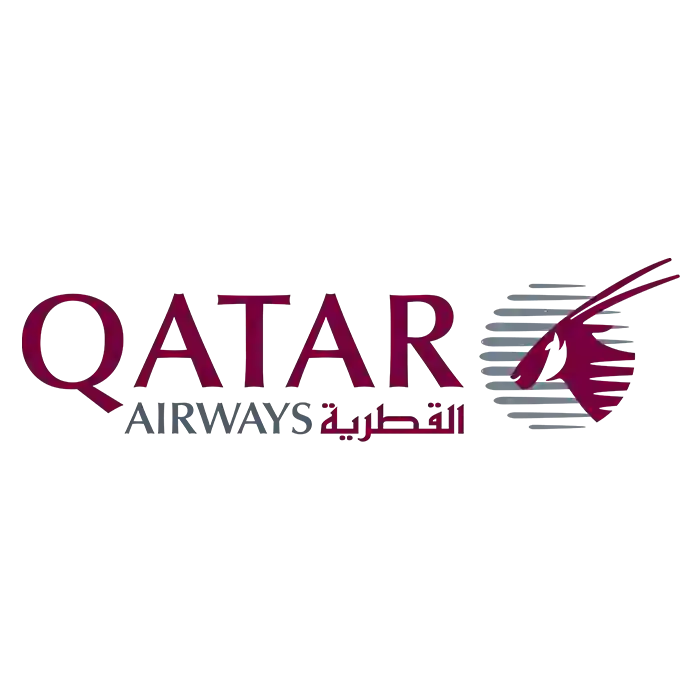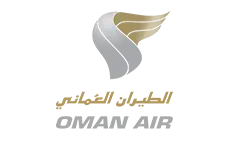The Salalah Festivals have become a highlight of Oman’s cultural calendar, drawing visitors from around the world to experience the unique blend of tradition and modernity in this enchanting region. As the 2025 edition approaches, excitement builds for the array of events that will showcase the best of Salalah’s heritage, arts, and natural beauty. Here are seven must-see events that promise to make the Salalah Festivals an unforgettable experience.
1-Traditional Dhofari Folk Dance Performances
At the heart of the Salalah Festivals lies the celebration of local culture, and nothing captures this spirit quite like the traditional Dhofari folk dance performances. These captivating displays of rhythm and movement offer visitors a window into the rich cultural heritage of the region. Dancers, adorned in colorful traditional attire, perform intricate steps that have been passed down through generations. The performances often take place in open-air venues, allowing spectators to enjoy the cool Khareef season breeze while immersing themselves in the vibrant atmosphere.
These dances are not merely entertainment; they serve as a living archive of Dhofari history and social customs. Each movement and costume element has significance, telling stories of love, war, harvest, and daily life in the region. Visitors to the festivals will have the opportunity to witness a variety of dances, each unique to different tribes and areas within Dhofar. The rhythmic beating of drums and the melodic sounds of traditional instruments accompany the dancers, creating an all-encompassing sensory experience that transports audiences to another time.
Khareef Season Nature Tours
The Khareef season, which coincides with the Salalah Festivals, transforms the landscape into a lush green paradise, making it the perfect time for nature tours. These guided excursions allow festival-goers to explore the stunning natural beauty that makes Salalah a unique destination in the Arabian Peninsula. Tours typically include visits to the verdant mountains, where misty clouds create an almost mystical atmosphere, and to the numerous waterfalls that spring to life during this season.
Experienced local guides lead these tours, sharing their knowledge about the flora and fauna of the region. Participants can learn about the diverse ecosystem, including rare plant species that thrive in this unusual climate. The tours often include stops at popular sites such as Wadi Darbat, known for its cascading waterfalls and tranquil lake, and Ain Razat, a natural spring surrounded by lush vegetation. These nature tours not only provide breathtaking views but also offer insights into the delicate balance of Salalah’s ecosystem and the importance of conservation efforts in the region.
Frankincense Harvest Demonstrations
Salalah has been renowned for its frankincense trade for millennia, and the Salalah Festivals offer a unique opportunity to witness the harvesting process firsthand. Frankincense harvest demonstrations are a highlight of the festival, allowing visitors to observe the ancient techniques used to extract this precious resin from Boswellia trees. These demonstrations typically take place in frankincense groves, where expert harvesters show the delicate process of making incisions in the tree bark and collecting the aromatic sap.
During these demonstrations, visitors learn about the historical significance of frankincense in the region’s economy and culture. Guides explain the various grades of frankincense and their uses in perfumery, medicine, and religious ceremonies. The air is filled with the distinctive, sweet aroma of frankincense, creating an immersive sensory experience. Participants often have the chance to purchase authentic, locally harvested frankincense as a memento of their visit to the Salalah Festivals.
Culinary Festival and Local Food Tasting
No cultural celebration is complete without a feast for the taste buds, and the Salalah Festivals deliver with a vibrant culinary festival and local food tasting events. This gastronomic extravaganza showcases the diverse flavors of Dhofari cuisine, which blends influences from Arabic, Indian, and East African culinary traditions. Visitors can sample an array of dishes, from succulent grilled meats to aromatic rice preparations and fresh seafood caught in the nearby Arabian Sea.
Local chefs and home cooks participate in cooking demonstrations, revealing the secrets behind traditional Omani dishes such as shuwa (slow-cooked lamb), harees (a wheat and meat porridge), and various types of halwa (a sweet confection). The festival also highlights the importance of dates in Omani culture, with tastings of different varieties grown in the region. For those interested in taking a piece of Salalah’s culinary heritage home, there are often workshops on preparing local spice blends and preserves. The culinary festival not only satisfies hunger but also serves as a cultural exchange, allowing visitors to connect with the local community through the universal language of food.
Handicraft Bazaar and Artisan Workshops
The Salalah Festivals provide a platform for local artisans to showcase their skills and preserve traditional crafts. The handicraft bazaar is a bustling marketplace where visitors can browse and purchase a wide range of handmade items, including intricately woven textiles, pottery, silverwork, and leather goods. Each piece tells a story of Dhofari craftsmanship and cultural heritage, making them perfect souvenirs or gifts.
In addition to shopping, the bazaar offers interactive workshops where visitors can try their hand at various traditional crafts. Under the guidance of skilled artisans, participants can learn techniques such as palm leaf weaving, pottery making, or traditional Omani embroidery. These workshops not only provide a fun and educational experience but also help to ensure the continuation of these ancient crafts by passing skills on to a new generation of enthusiasts. The handicraft bazaar is not just a shopping destination; it’s a living museum of Dhofari art and culture.
Camel Racing and Traditional Sports Demonstrations
For those seeking excitement and a glimpse into traditional Omani pastimes, the camel racing events and traditional sports demonstrations are not to be missed. Camel racing has been a part of Omani culture for centuries, and the Salalah Festivals feature thrilling races that showcase the speed and grace of these desert animals. The atmosphere at the racetrack is electric, with spectators cheering on their favorite camels and jockeys.
Alongside camel racing, visitors can witness demonstrations of other traditional Omani sports and games. These may include falconry displays, where skilled handlers demonstrate the ancient art of training birds of prey, and exhibitions of Arabian horse riding techniques. Traditional games such as Al Harees, a form of wrestling, and Al Meidan, a team sport played on horseback, offer insights into the physical prowess and strategic thinking valued in Omani culture. These events not only provide entertainment but also serve as a link to the region’s nomadic past and the skills that were essential for survival in the desert environment.
Evening Light and Sound Shows
As the sun sets on Salalah, the festivals come alive with spectacular light and sound shows that illuminate the night sky. These multimedia extravaganzas combine cutting-edge technology with traditional storytelling to create a mesmerizing experience for festival-goers. Projections on historic buildings or natural landscapes tell the story of Salalah’s history, from ancient trade routes to modern-day developments.
The shows often incorporate elements of Omani music and poetry, creating a harmonious blend of old and new. Laser displays dance across the sky, synchronized with traditional and contemporary music, creating a feast for the senses. These evening events serve as a grand finale to each day of the festival, bringing together locals and visitors in a shared moment of wonder and appreciation for the beauty and culture of Salalah.
The Salalah Festivals 2025 promise to be a celebration of culture, nature, and tradition that will leave lasting memories for all who attend. From the rhythmic beats of traditional dances to the aromatic frankincense groves, from the flavors of local cuisine to the thrill of camel races, there is something to captivate every visitor. These seven must-see events offer a comprehensive experience of what makes Salalah unique, providing insights into the region’s rich heritage while showcasing its vibrant present and promising future. As the cool Khareef breezes sweep through the city, the Salalah Festivals invite visitors to immerse themselves in the magic of this special corner of Oman, creating connections and memories that will last long after the festival lights dim.
FAQs
How long should I stay in Salalah to enjoy its offerings?
To fully immerse yourself in what Salalah has to offer, including its natural landscapes, historical landmarks, and cultural sites, a stay of three to five days is ideal.
When is the ideal time to visit Salalah?
Visiting Salalah during the Khareef season, from June to September, is highly recommended. This period sees Salalah turn lush and green, offering cooler temperatures and a pleasant climate, ideal for tourists looking to escape the summer heat.
What are the key attractions in Salalah?
Salalah is home to several must-see attractions including Wadi Darbat, known for its beautiful water bodies; the pristine beaches of Al Fizayah and Al Mughsail; the historical ruins of Sumhuram Old City; the intriguing Marneef Cave; the informative Museum of the Frankincense Land; the sacred Nabi Ayoub’s Tomb; and the natural beauty of Jabal Samhan.
Is it worth visiting Salalah, Oman?
Absolutely, Salalah is a destination worth visiting. It offers a unique blend of natural beauty with its deserts, beaches, mountains, waterfalls, springs, sinkholes, and caves, making it a standout location not only in Arabia but in the world.

